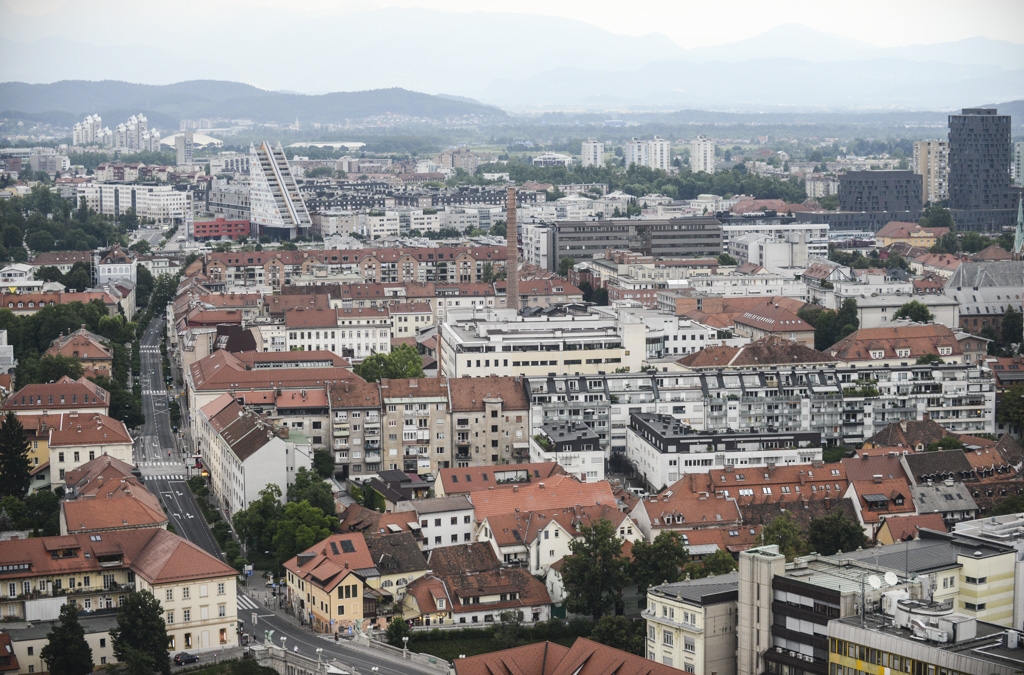Slovenians will be confined to their home municipality for most daily activities under a government decree that significantly tightens lockdown restrictions as of Monday in a bid to contain the spread of coronavirus. Masks will be mandatory in indoor public spaces.
While strict lockdown rules have been in place since 20 March, the government decided on Sunday to step up the restrictions in the aftermath of reports of people continuing to visit popular weekend destinations despite being advised to stay home.
For most daily activities, Slovenians will thus be confined to their home municipalities except to go to work, to do farm work, provide assistance to persons in need of care, and access emergency services, pharmacies, diplomatic missions and judicial authorities.
Within their municipality people will still be allowed to go to shops and access services that are provided despite the sweeping lockdown, and if such services are not available in their municipality they will be allowed to go to the nearest place where they are available.
For most people public parks have been the only nature they have been able to enjoy during the lockdown and the new decree stipulates that people may only access parks within their own municipality. Mayors may introduce additional restrictions.
But for those who do venture to shops, face masks, even ones made at home, or equivalents such as scarves that cover the mouth and nose will be mandatory along with protective gloves; the decree stipulates that masks and gloves need to be worn in indoor public spaces.
Interior Minister Aleš Hojs said that after a “touristy Saturday” the government had been forced to tighten the measures. “We are concerned looking at the next six to ten days, when yesterday’s frolicking by many will lead to an increase in infections across Slovenia.”
He said the government would introduce even stricter measures if necessary. “We have to fight this epidemic seriously, responsibly as a mature nation.”
The new decree marks a significant stepping-up of restrictions and had been widely expected given the measures taken by some other countries and considering widespread reports of some people not taking the previous restrictions seriously.
And oversight of people’s movement beyond the immediate restrictions on movement may become even more strict soon as the umbrella law to fight the coronavirus epidemic, presented on Sunday, contains provisions giving police sweeping powers to control the movement of individuals.
Under the proposal, police would be able to monitor the location of individuals who opt for self-isolation instead of mandatory quarantine, to which such individuals would have to explicitly consent.
Moreover, in order to contain epidemics police would have access to face recognition, the power to erect roadblocks, enter apartments, and temporarily apprehend persons.
To do that, they would also get health data collected by the National Institute of Public Health.
The data would be stored for as long as measures to contain the epidemic remain in place and up to 30 days after the epidemic ends, whereupon it would be destroyed.
Prime Minister Janez Janša told the press today that the police already had some of the required powers while some were new since they had to be connected with the provisions of the communicable diseases act.

